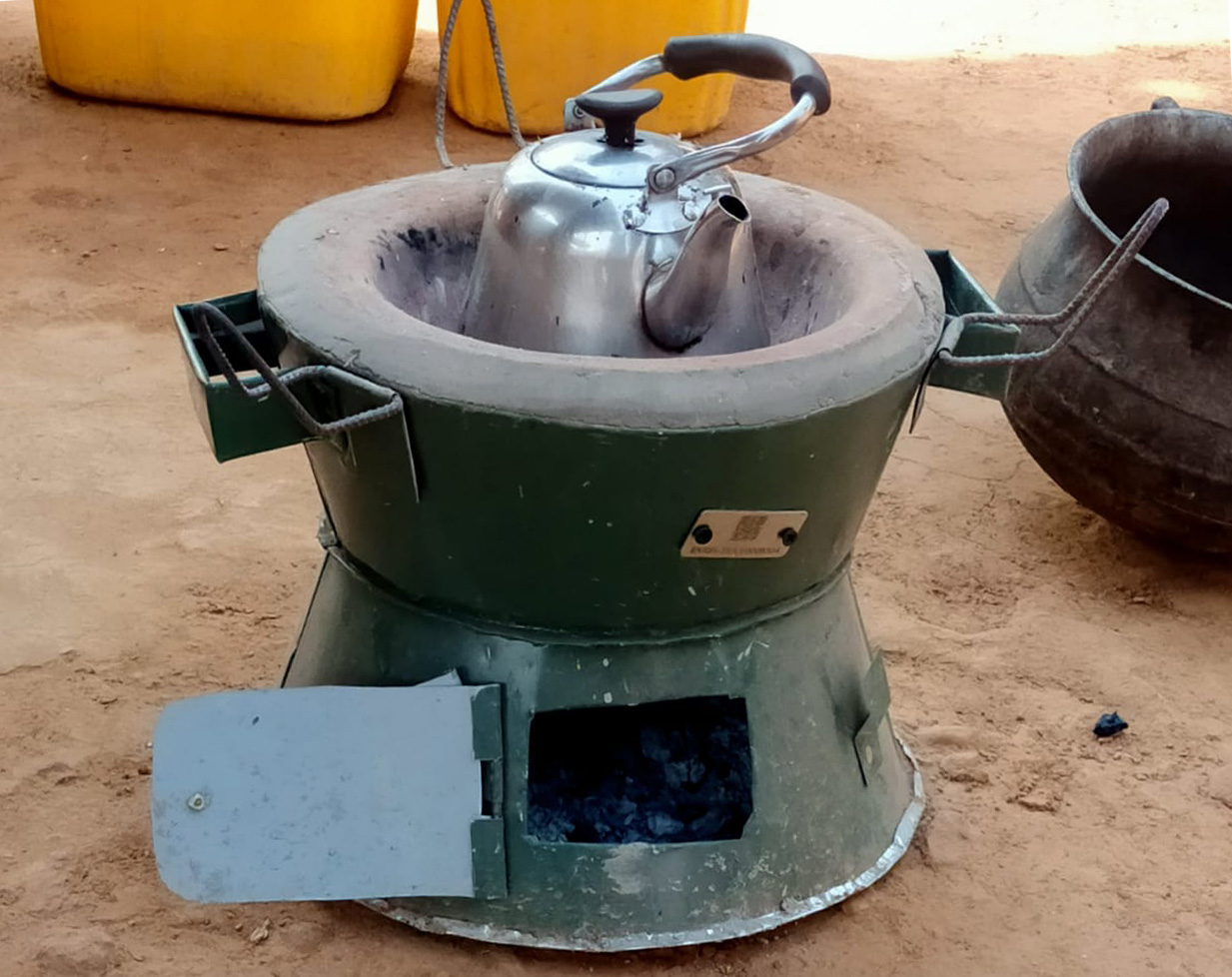Singapore firm launches fund for energy-efficient cookstoves in Africa
Fund to generate returns by selling carbon credits from reduced emissions and deforestation

Impact Capital Asset Management (ICAM), a Singapore-based fund manager, has partnered with Indian carbon credit developer EKI Energy Services to launch a new fund that will invest in the manufacturing and distribution of energy-efficient cookstoves in Africa and India. The EKI ICAM Clean Cooking Fund aims to generate returns for investors by selling carbon credits.
In an interview with the NTU-SBF Centre for African Studies, Deepak Mawandia, the founder and managing partner of ICAM, said the traditional open fire cooking method used by many low-income households in rural Africa and Asia has a negative impact on the environment. This technique requires a substantial amount of firewood, contributing to deforestation. Moreover, the method is highly energy inefficient, with only approximately 10% of the thermal energy generated by the fire being utilised, resulting in unnecessary smoke emissions.
Apart from environmental worries, Mawandia highlighted the adverse economic and health consequences of traditional cooking practices. Sourcing and chopping firewood engross a significant portion of people’s time that could be devoted to income-generating activities and education. Furthermore, in cases where firewood is bought, funds could be better spent elsewhere. Additionally, as cooking is frequently done indoors, it often results in health issues due to smoke inhalation.
The portable metal cookstoves offer a more efficient and environmentally friendly alternative to traditional cooking methods. They are designed with improved insulation, combustion, and ventilation, resulting in reduced fuel consumption and smoke emissions. The stoves offer approximately 30% greater thermal efficiency than traditional methods and a roughly 50% reduction in firewood consumption. By lowering the levels of smoke and the amount of firewood needed, the cookstoves contribute to reducing carbon emissions and preserving forests.
EKI Energy Services will manufacture and distribute the cookstoves to low-income families in Ghana, Kenya and Malawi at no cost, as the target recipients cannot afford them. The EKI ICAM Clean Cooking Fund will generate returns for investors by selling carbon credits to polluting companies seeking to offset their emissions. Carbon credits represent the reduction of carbon dioxide from the atmosphere, and the fund will generate these credits by reducing greenhouse gasses and deforestation as a result of the energy-efficient cookstoves.
The fund aims to raise a total of US$125m but will do so in tranches of US$25m. Upon securing the first tranche, cookstove deployment will commence. Mawandia added that the fund is seeking investment from foundations, impact investors, large family offices and hedge funds. “Right now there is pressure on the large investors to show some ESG credentials, and that is working in our favour,” he explained.














/enri-thumbnails/careeropportunities1f0caf1c-a12d-479c-be7c-3c04e085c617.tmb-mega-menu.jpg?Culture=en&sfvrsn=d7261e3b_1)

/cradle-thumbnails/research-capabilities1516d0ba63aa44f0b4ee77a8c05263b2.tmb-mega-menu.jpg?Culture=en&sfvrsn=1bc94f8_1)







